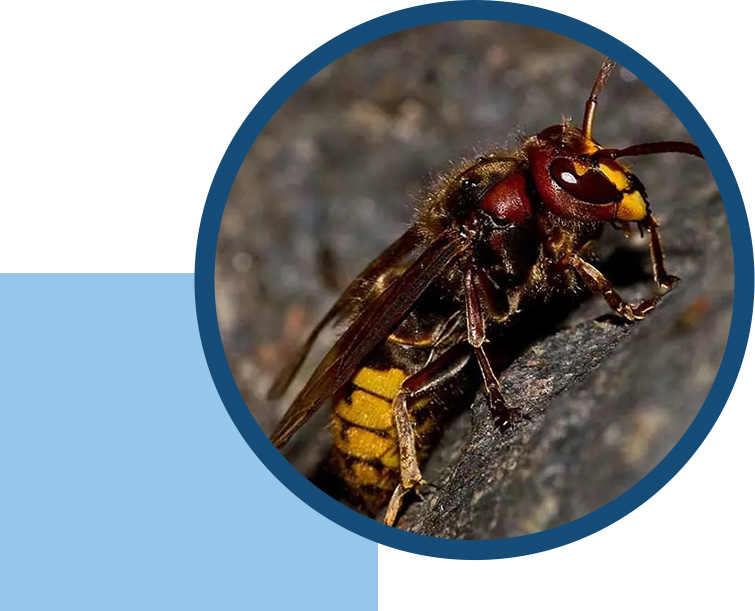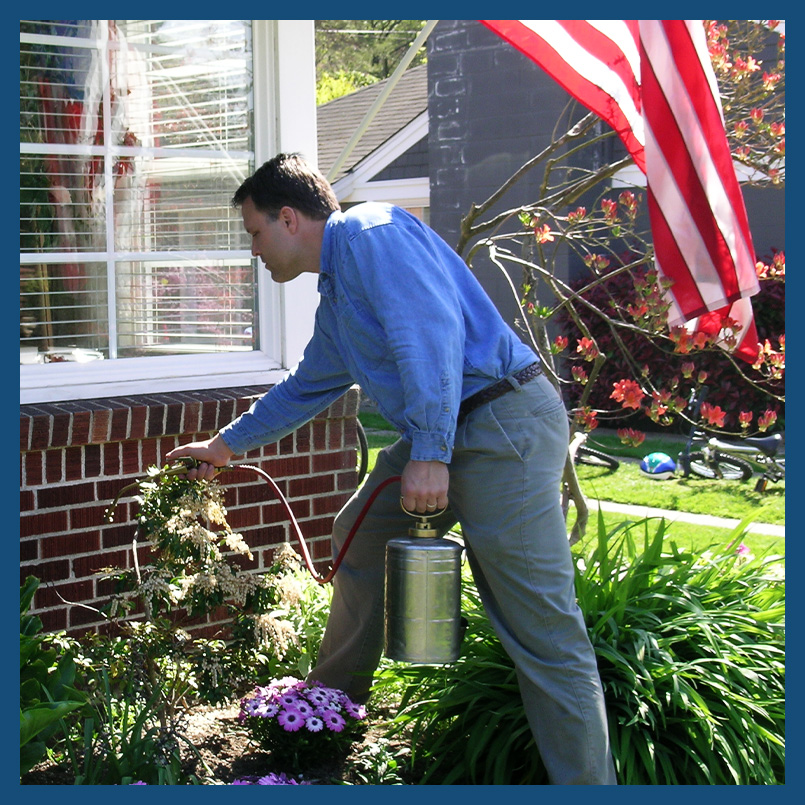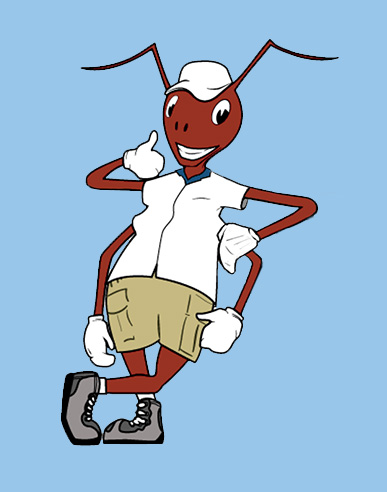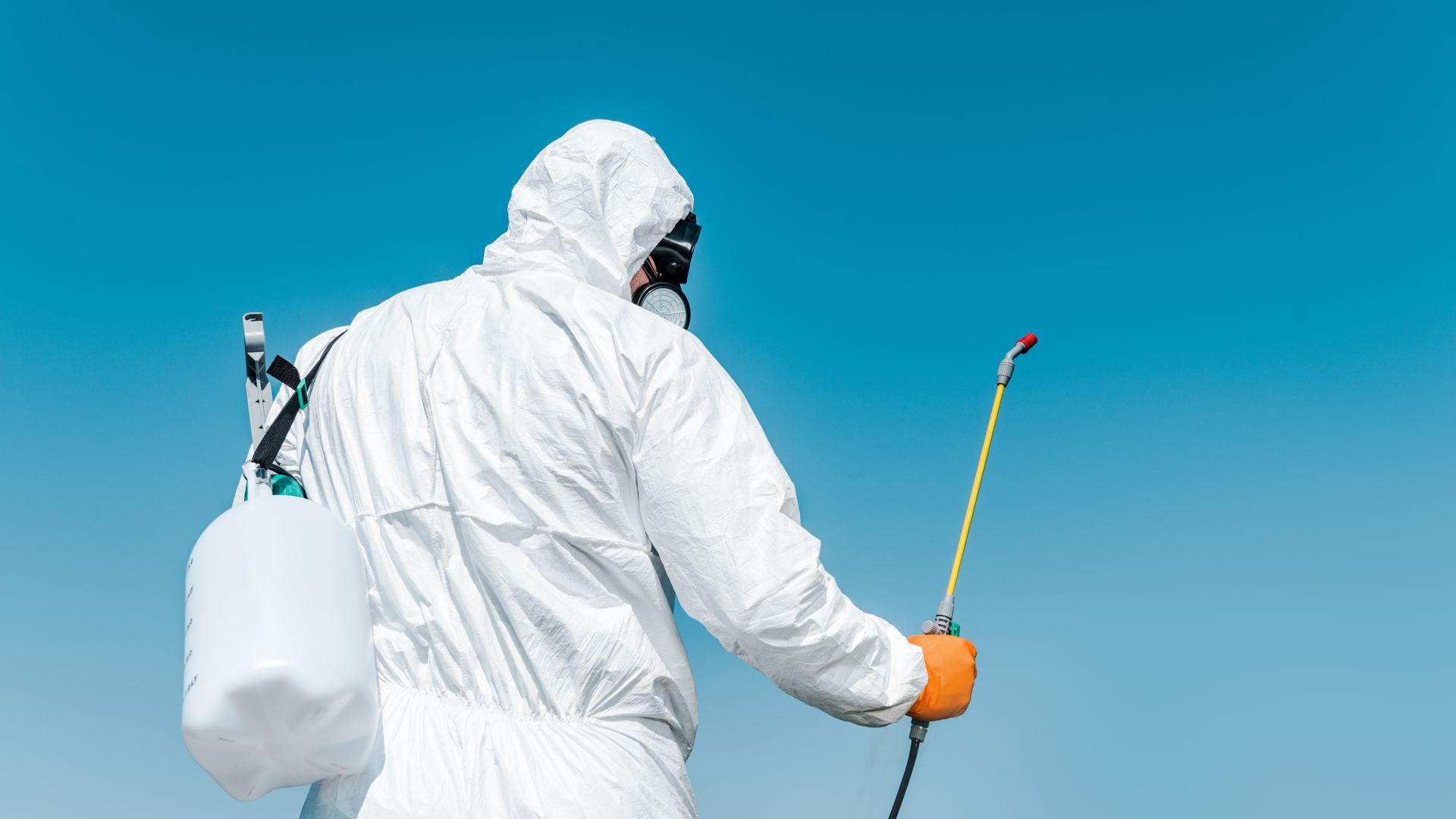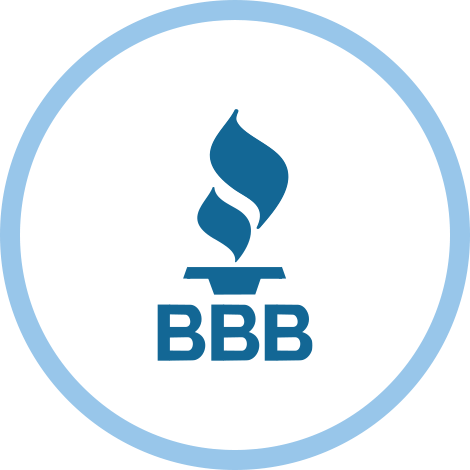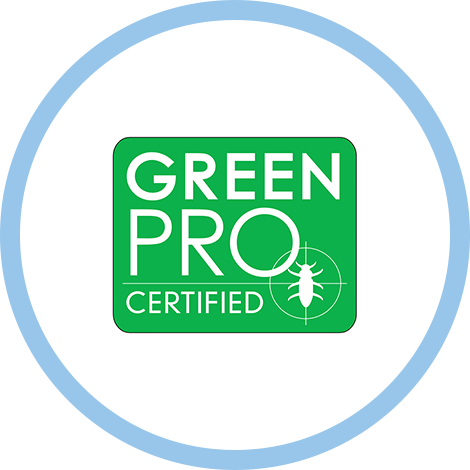
Seattle Bees, Wasps, & Hornets Control
Getting Your Flying Insect Problem Under Control
Bees, Wasps, Yellow Jackets, and Hornets can ruin any day you want to spend outdoors with your family, or working around your home. Not only are these pests annoying, but for many, they can be deadly if they’re allergic. With warmer weather comes these flying pests, so we’ve developed this resource page for people looking to alleviate themselves of these flying annoyances.
The information on this page, and this website is provided as reference only. Bees, Wasps, Yellow Jackets, and Hornets are dangerous, we do not recommend combating these pests on your own. If you decide you need assistance, United Pest Solutions offers advice to help you make the right decisions when it comes to ridding your home or business of these flying insects.
Don’t Let Stinging Insects Ruin Your Peace—Schedule a Safe Removal Service Now at (888) 880-3374!
How to Identify Common Stinging Insects
Knowing the type of stinging insect you're dealing with is crucial for effective management. Here's how to recognize four common types:
- Honey Bees: These vital pollinators have fuzzy bodies in yellow and black, making them easy to distinguish. Honey bees are typically docile and only sting when threatened, often in defense of their hive.
- Wasps: Recognized by their smooth, shiny bodies and black-and-yellow patterns, wasps are more aggressive than honey bees. They often build nests in sheltered areas like eaves or sheds.
- Hornets: Larger than wasps, hornets are robust with white and black or yellow markings. Extremely territorial, they can sting multiple times and are highly defensive of their nests.
- Yellow Jackets: Small but fierce, these wasps are marked with bright yellow and black stripes. They frequently build nests underground or inside walls and are notorious for their aggressive behavior.
Not sure what type of insect is causing the issue? Our experts are here to identify the species and recommend the safest, most effective removal strategies.
Tips to Minimize Attracting Bees and Wasps
Preventing stinging insects from invading your property starts with small but impactful steps. Follow these strategies to make your space less inviting:
- Secure Food Sources: Keep outdoor food and drinks covered, and clean up crumbs or spills right away.
- Seal Entry Points: Inspect and seal cracks, gaps, or holes in walls, doors, and windows that could serve as nesting sites.
- Maintain Landscaping: Regularly trim shrubs and trees, and promptly remove fallen fruit or decaying vegetation.
- Limit Floral Scents and Bright Colors: Avoid wearing strong perfumes or floral-patterned clothing outdoors, as they can attract bees and wasps.
- Keep Trash Secure: Use tightly sealed garbage bins to prevent stinging insects from scavenging for food.
Say Goodbye to Stinging Insects with United Pest Solutions
Don’t let stinging insects keep you indoors or disrupt your peace of mind. United Pest Solutions is here to ensure your property remains a safe and enjoyable space for you and your family. With our expertise, dedication, and trusted reviews from satisfied customers, we deliver lasting relief you can count on.
Take Back Your Outdoor Space—Call United Pest Solutions at (888) 880-3374 for Expert Bee and Wasp Control Today!
